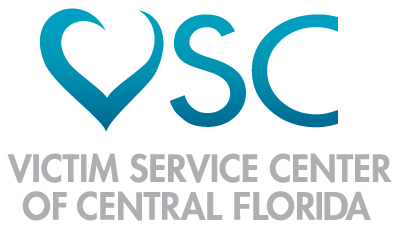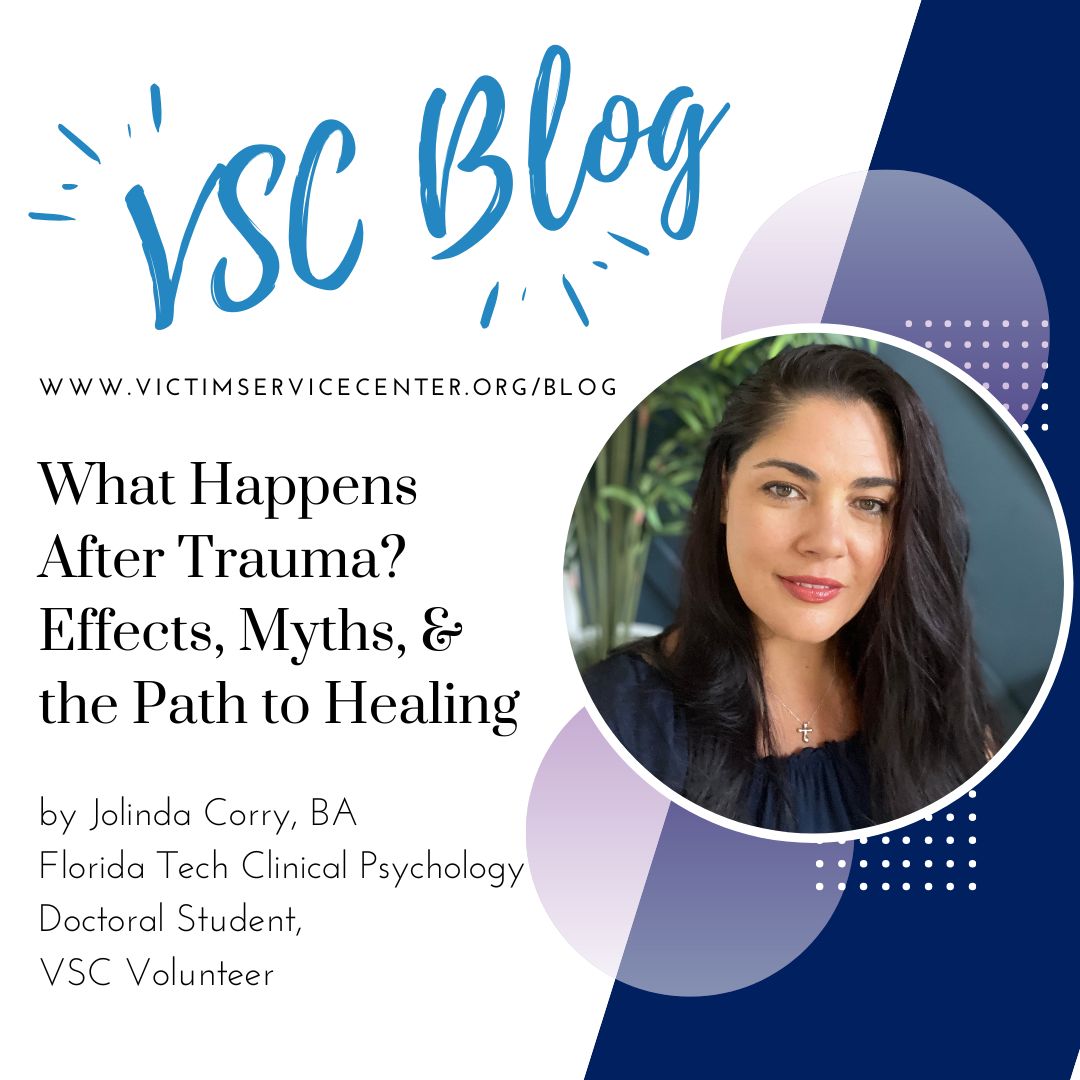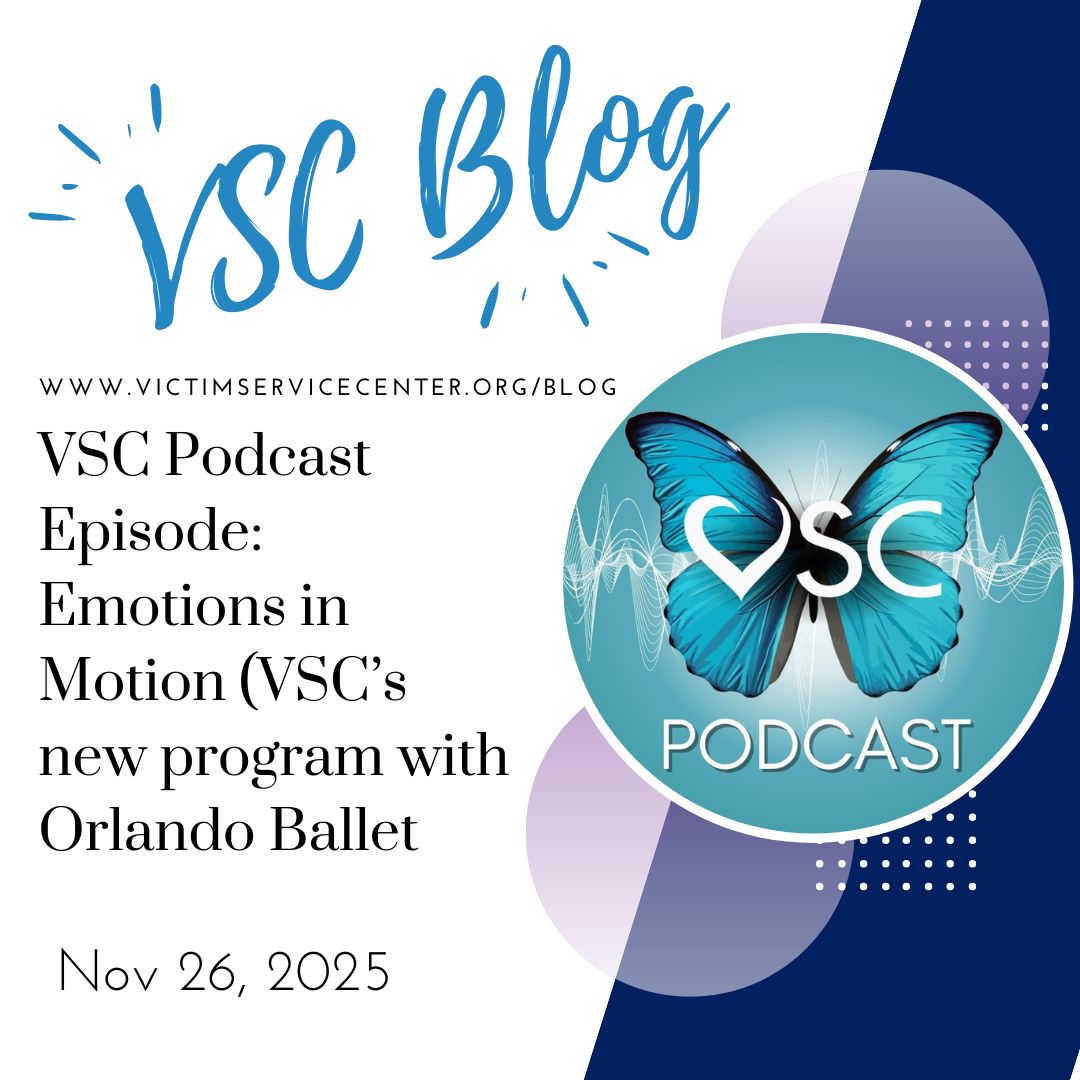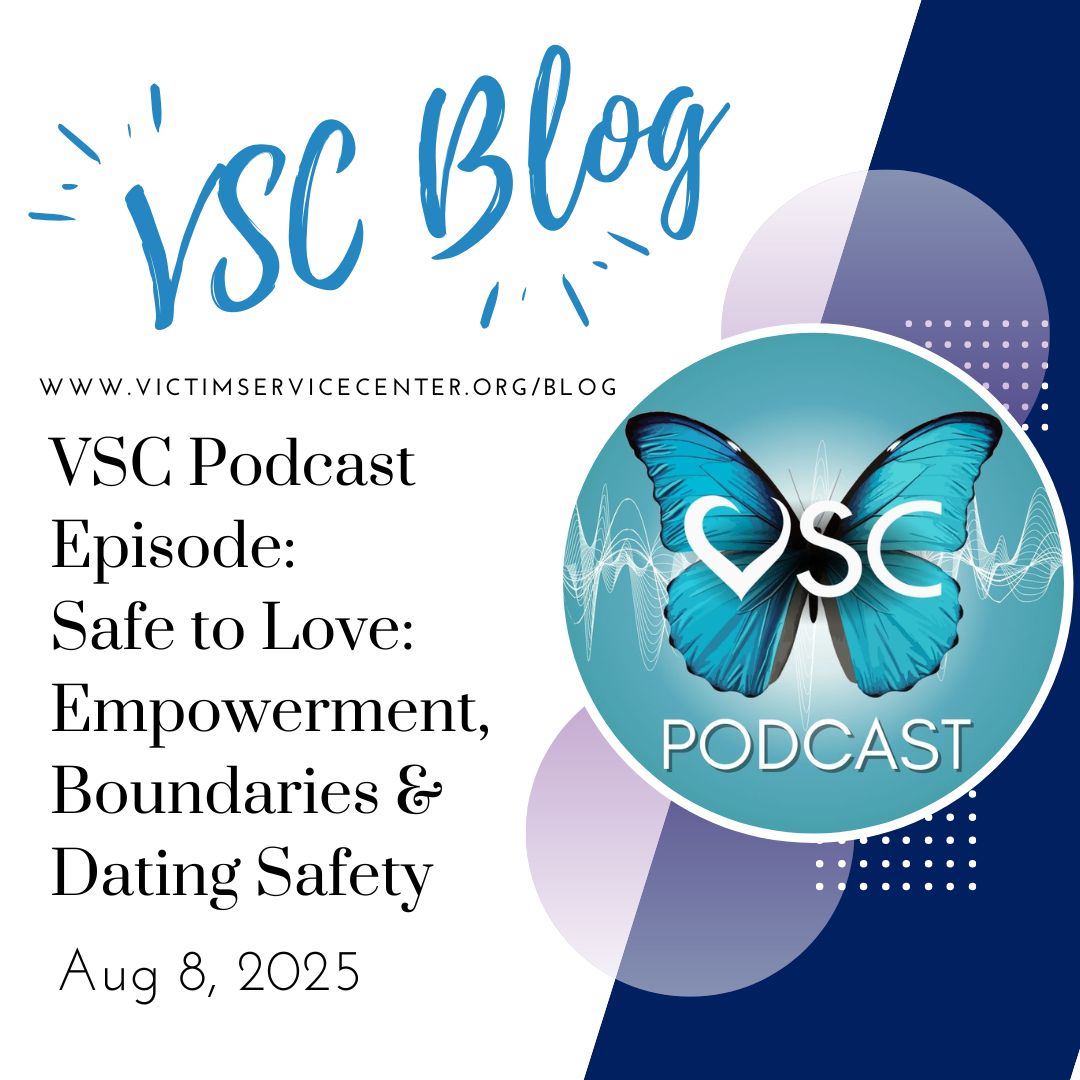by Katherine Mungall, VSC Volunteer
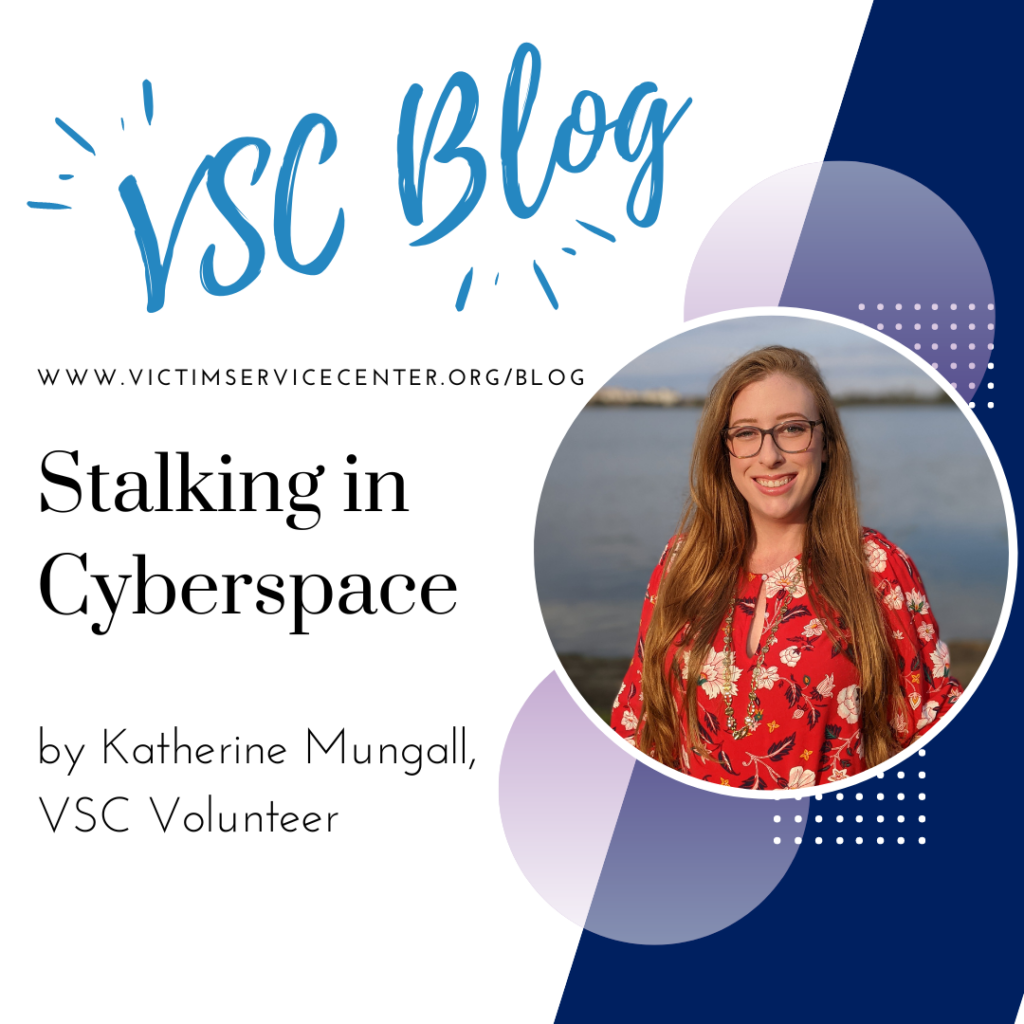
The first thing I do upon opening my eyes in the morning is reach over to my phone and browse through funny TikTok videos. At this point I am convinced this helps elevate my mood and start my day off right. But for many others, they could be waking up to countless missed calls and unread messages from their stalker or worse, have them knocking at their door. According to the Bureau of Justice Statistics, each year, 3.3 million Americans age 18 or older were victims of stalking. Of these victims, as reported by the Office for Victims of Crime less than half of stalking victimizations are reported to police. So how can we protect ourselves? How do we have a better chance of eliciting a positive verdict if it is decided to press charges? What rights do victims have?
The Internet has Impacted Stalking Victimization
I know there are millions of other people out there just like me that gain positive experiences from the internet every day. The internet provides a wealth of unlimited knowledge right in the palm of your hands. As most of us are aware, this limitless vessel can be a source of both good and evil. What society was not prepared for was how the internet would create a powerful platform for criminals to leverage their affairs. Crimes that have existed for ages are now evolving amidst the rise of technological advancement. In particular, the internet has become a great resource for perpetrators involved in the acts of stalking victims. Furthermore, the impact of social media, a major part of our culture, has assisted with the progression of a new element of the criminal act: cyberstalking.
What is Cyberstalking?
If you take one look at the word cyberstalking it can be deduced that it involves stalking using the internet. While this is an important aspect of the crime, it does not fully explain the extent to which victimization occurs. Part of this crime involves a level of intimidation against the victim. So how is this carried out online? Behaviors can range anywhere from blackmailing to identity theft. Perpetrators can be known or unknown to the victim, and can cause serious psychological and financial damage to a victim that has the potential of affecting their entire life.
Take for example one victim who was brave enough to come forward and share her story: Alexis. Her stalker was known to her as her ex-boyfriend. He had access to her personal information and was eager to destroy her life after their relationship concluded. At first she did not realize he was targeting her until one day, after attempting to pay for gas, she logged into her bank account to find he had drained all of her funds from her account. After much agony and frustration, her stalker managed to take everything of value to her, including her dignity. After years she finally was unable to work due to the efforts of her stalker. He even found a way to damage her credit score. Eventually Alexis was freed from her stalker after a multitude of reports filed against him, and she is now a successful cybercrime expert and writer. Although her path was met with trauma, she managed to identify and prosecute her stalker and live a productive and pleasant life as a survivor.
As you can see, cyberstalking can have debilitating effects on a victims life; so, how can a victim seek to secure an outcome such as in Alexis’s story? If we encounter a predicament that is similar, how can we ensure that we take the necessary steps and go on to live a normal life?
Neutralize the Stalker
Privacy settings is the first place you should start as far as preventing this cybercrime. Make sure your social media accounts have the strongest privacy settings possible. Some examples of safe practices include:
- Make a separate email for social media accounts
- Use a Nickname, never use a full real name on any social media accounts
- Disable any geolocation settings
- Make posts “friends only”
- Always log out before exiting the account
- Never add anyone you do not know
Next up is securing any personal data outside of social media accounts.
- Get a Virtual Private Network (VPN) to hide your IP address
- Password protect all of your devices
- Invest in anti-spyware software
- Google yourself to see what personal information is available and take steps to remove it as necessary
- Disable any GPS location trackers on your apps
- Consider downloading a screening service on your phone to screen incoming calls
But what should be done when my cyberstalker is already ruining my life?
- Do not engage with the stalker
- Change all of your passwords on your accounts
- Change your phone number(s)
- Invest in a new SIM card for your phone (can also be routinely changed)
- Alert family, friends, and coworkers of your stalker
- Keep a record of evidence of harassment with times, locations, dates, recordings, videos, duration of each contact, receipts, text messages, phone calls, direct messages/posts on social media, transcripts, emails, voicemails, and any records of any type of action taken against you (VERY important)
- Make a daily log of stalker’s harassments/activities
- Report to law enforcement if safe to do so (stalkers will sometimes stop contacting once they are exposed)
- File a permanent restraining order (laws vary by state but can last up to 5 years)
- File a temporary restraining order (lasts until hearing usually)
- Sue for damages in small claims court
- Consider using a privacy protection tool that will remove personal information from internet data brokers
- Invest in a security system for your home (including security cameras)
- Change door locks on a regular basis
- Avoid any patterns of activity (take different ways to work, exercise in different locations each time, shop at alternating grocery stores)
- Park in well-lit areas
- Do not open any unrecognizable packages delivered
- Check-in with trusted loved ones often to let them know where you are and how long you will be there
- If followed by your stalker, immediately drive to the nearest law enforcement agency
If you have a thorough record of harassment, the odds of your case having a positive outcome increases immensely. The most effective way to seek retribution against the stalker is to make sure you have tangible evidence of every contact, seriously, the more records the better.
There is a continued debate as to whether a victim should block a cyberstalker and whether this helps or hurts the situation. After researching numerous conflicting articles on the topic, it is clear to me that each case differs in regards to how the stalker will react to being blocked. I think the best plan of action here is to reach out to your local law enforcement and anti-stalking organizations, present your case, and discuss with them a safety plan for dealing with your stalker.
Another issue with many opposing viewpoints is whether you should initially explicitly deny further contact with the stalker. This is another factor that can vary for each case, so the best option is to consult with those in the field who are trained to de-escalate situations such as these. Professionals will also be able to identify what specific factors in your case increase the likelihood of further victimization and what interventions are necessary. This individualized treatment plan is the best way to target your stalker since every case is unique.
What Rights do I Have?
It is important to be aware of your rights so you can be an effective advocate for yourself. The Crime Victims’ Rights Act, (CVRA) 18 U.S.C. § 3771, grants these eight rights in federal court cases:
- Right to be protected from the accused
- Right to timely notice of proceedings in court or parole, along with the right to be accurately informed of the release or escape of the accused
- Right to be excluded from court proceedings (unless necessary)
- Right to be heard at any type of public proceeding in district court
- Right to consult with the attorney representing the Government in your case
- Right to timely restitution
- Right to proceedings without delay
- Right to fairness, respect, privacy, and dignity
These rights establish a baseline of rights afforded to victims of any crime. Each state has established their own laws on rights afforded to victims based on these eight fundamental rights. For example, Florida Crime Victims’ Bill of Rights, includes additional as well as more specific rights for victims. For example, victims in Florida have the right to receive a copy of any presentence reports or records relevant to the case (excluding confidential information). Victims in Florida also have a right to receive any property seized upon investigation once it is deemed no longer needed for the case.
Rights for Victims of Stalking
The Florida Bar expands on Florida’s Stalking Laws and how exactly acts are criminalized. First, definitions are provided to clarify the criminal aspect of stalking: “Harasses” is defined to include any conduct that produces distress; “Course of Conduct” is defined to include a series of acts over time. Together these definitions comprise the criminal act of stalking. A “Credible Threat” is also discussed which consists of a threat to a target, and that target fearing for their safety. So, this may seem obvious to say the least; but, it is a necessary step in the process.
Since Florida draws a distinction between misdemeanor stalking and aggravated stalking, the outcome of each case is substantially different. Depending on your case’s level of harassment, course of conduct, and threat to safety, the punishment will fall under one of these two sanctions. As you may have guessed, penalties under a misdemeanor are much less severe. This may mean that your stalker will be free at some point. If this is your reality, the importance of protecting yourself becomes paramount.
One of the most difficult aspects of being a victim in a stalking case, is the fact that you will be the main witness. The best way to advocate for your case is to be as detailed as possible when describing events to any court/police personnel questioning you about the crimes, and to make sure your records of harassment are definitive and exhaustive as evidence.
Who to Contact and Other Helpful Resources
If you or someone you know has been a victim of internet exploitation or stalking please contact your local law enforcement agency to report the crime. Other helpful resources for victims of stalking include:
National Center for Victims of Crime: 1-855-4-VICTIM (1-855-484-2846)
The U.S. Department of Justice Resources Center: Stalkingawareness.org
Victims of Stalking Safety Planning Assistance: 1-800-799-7233
Victim Service Center of Central Florida: (407)-500-HEAL (407-500-4325)
National Sexual Assault Hotline (will connect you with local resources): 1-800-656-4673
Reputation Defender provides other helpful resources:
- WiredSafety.com: Help service
- FightCyberstalking.org: Report a cyberstalking case
- Stalking Resource Center: Tips and resources for victims
- National Cyber Security Alliance (NCSA): Comprehensive information on cyberstalking issues
- List of state laws on cyberstalking
- Federal Trade Commission– information on online privacy, reputation management, protecting your kids online and cybercrime
- ExecutivePrivacy– Privacy Protection Tool
Virtual Private Network (VPN) options:
International anti-stalking organization: Action Against Stalking
Stalking Resource Center: Criminal Stalking Laws by State
